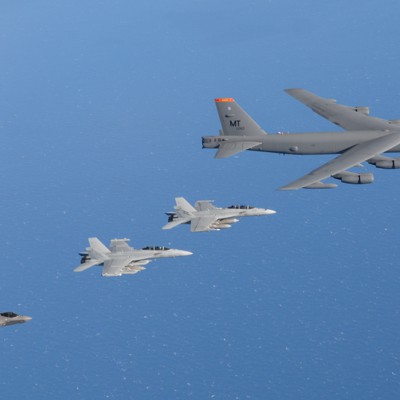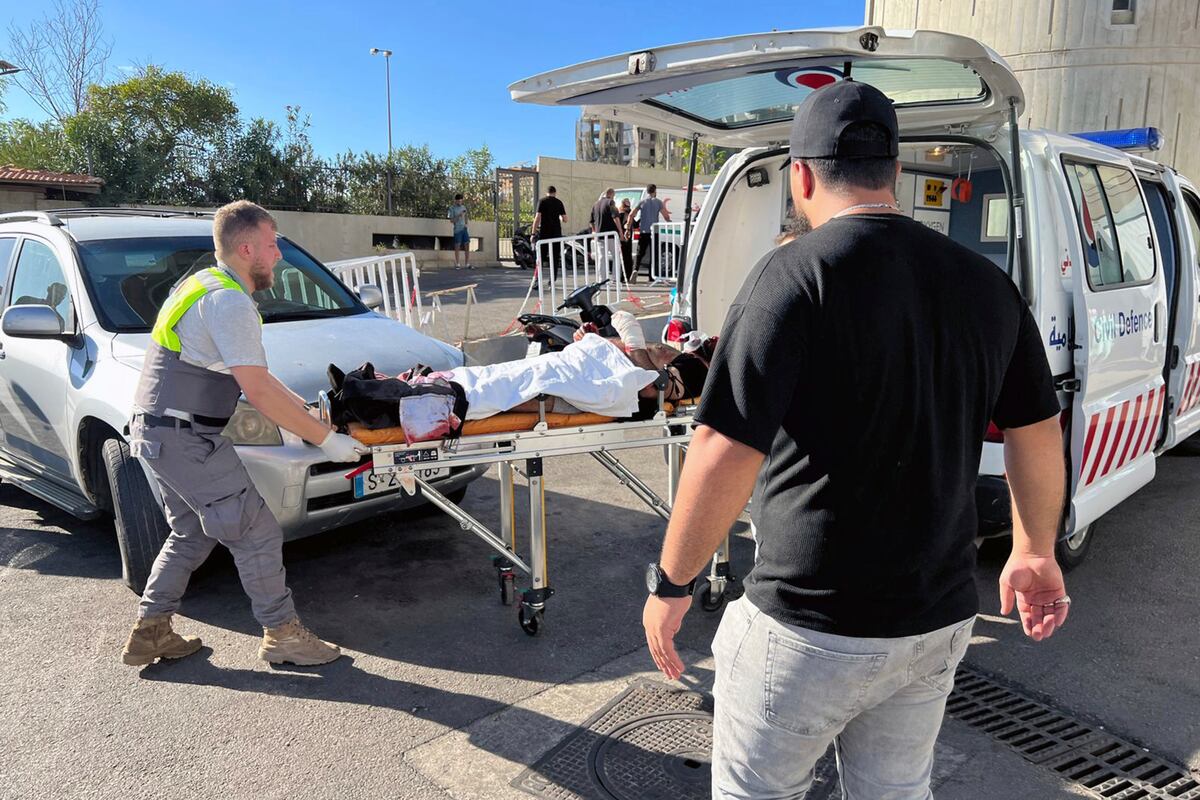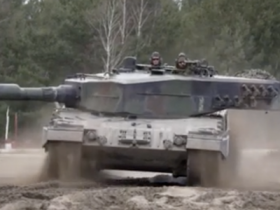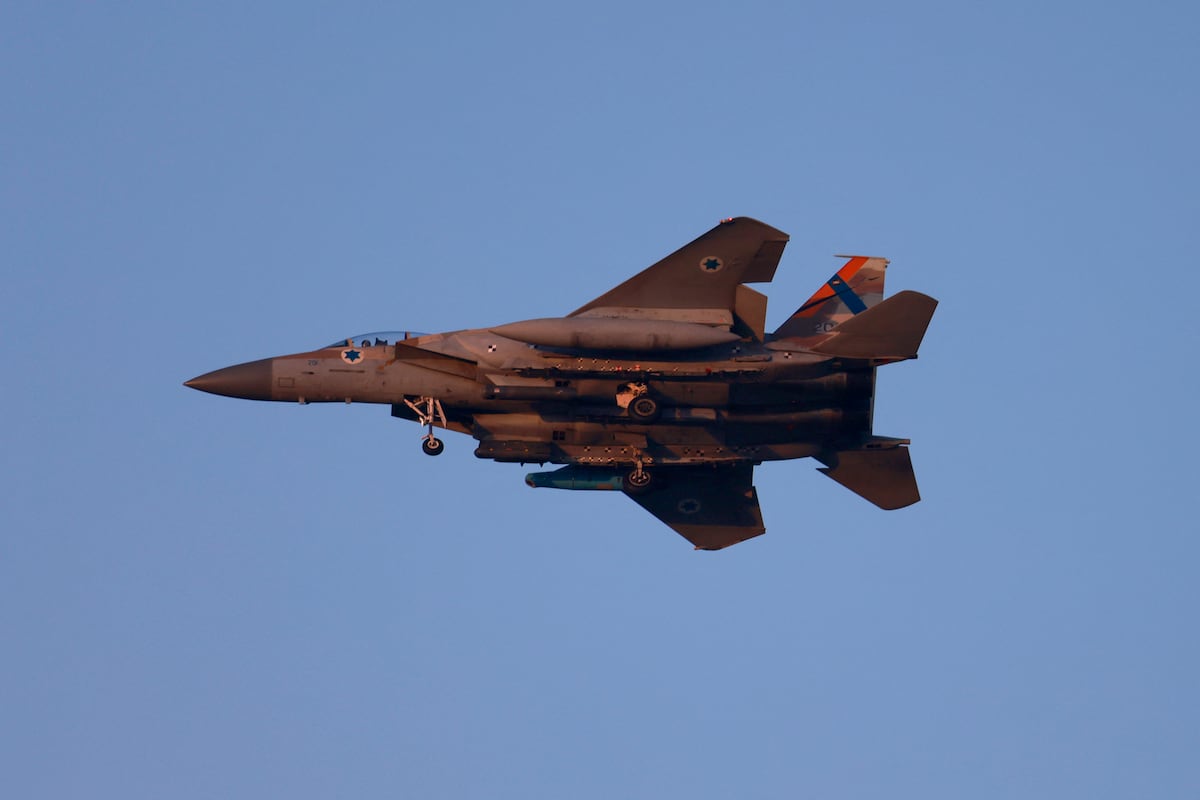The Air Force will send units from across the United States to the Pacific next summer for an exercise designed to test the way it plans to deploy forces in a potential conflict with China.
“We’re calling our summer exercise [20]25 REFORPAC, so going back to the Pacific on a larger scale. We’re integrating it into INDOPACOM’s campaign plans and our Pacific Air Forces approach to supporting those, and so we’re integrating it into the combatant commander’s piece but we’re doing it in a way that’s more robust,” said Air Force Chief of Staff Gen. David Allvin.
The 14-day exercise will bring forces from Alaska, Hawaii, Guam, and the continental United States together to practice operating in a complex environment while supporting operations across vast distances, Allvin said Friday during a Hudson Institute event.
The exercise harkens back to exercises the U.S. and NATO conducted during the Cold War, called “Return of Forces to Germany,” or REFORGER, in which the U.S. practiced moving large numbers of troops across the Atlantic and using pre-positioned weapons to defend West Germany.
Post-Cold War, the U.S.’s need for that kind of practice diminished, and the Air Force shifted its focus to deploying forces one squadron at a time to support operations in the Middle East. But the Air Force is pivoting away from that model in its plan to “re-optimize” for great power competition, and will restructure its wings so they train and deploy together.
The reorganization aims to fix what Allvin calls a “fragmented” Air Force that has been crowdsourcing for deployments—a method that won’t cut it if the service finds itself in a high-end fight in the Pacific.
“Until you’re there, doing it over a period of time, you’re not really going to uncover the warts that you might not have discovered by doing it in pieces. You have to do it in a realistic scenario, so that’s going to come next summer,” Allvin said.
REFORPAC will be rolled into a large-scale Pacific exercise the U.S. conducts with Australia, called Talisman Sabre, because the U.S. knows it will have to fight alongside allies and partners, he said.
The new deployment model is one of many changes the service is rolling out through its new re-optimization plan. Six months into the effort, Allvin said he’s “surprised” at how fast the service is moving out on the agenda, but that he’s ready to go faster.
Read the full article here








Leave a Reply